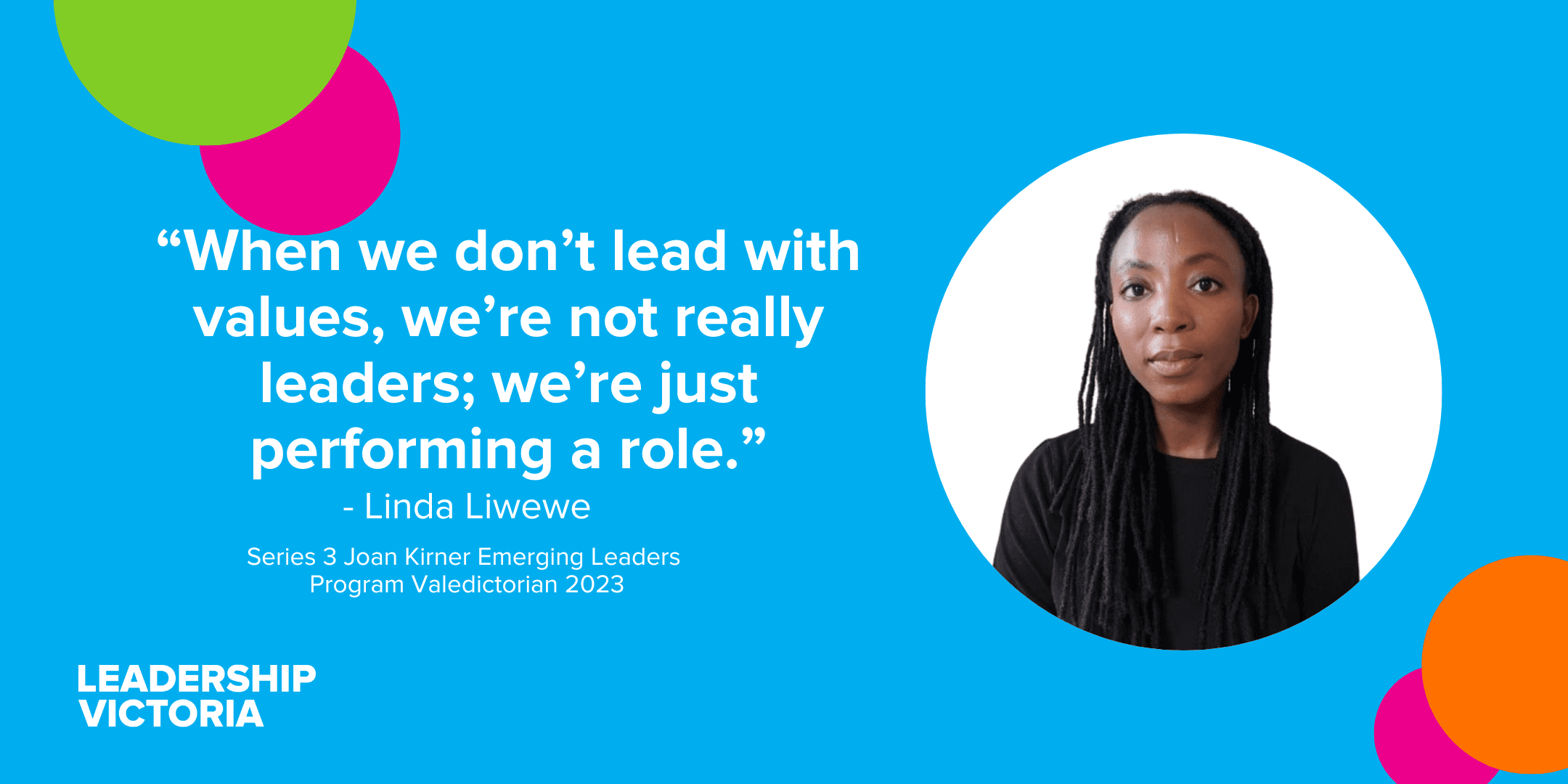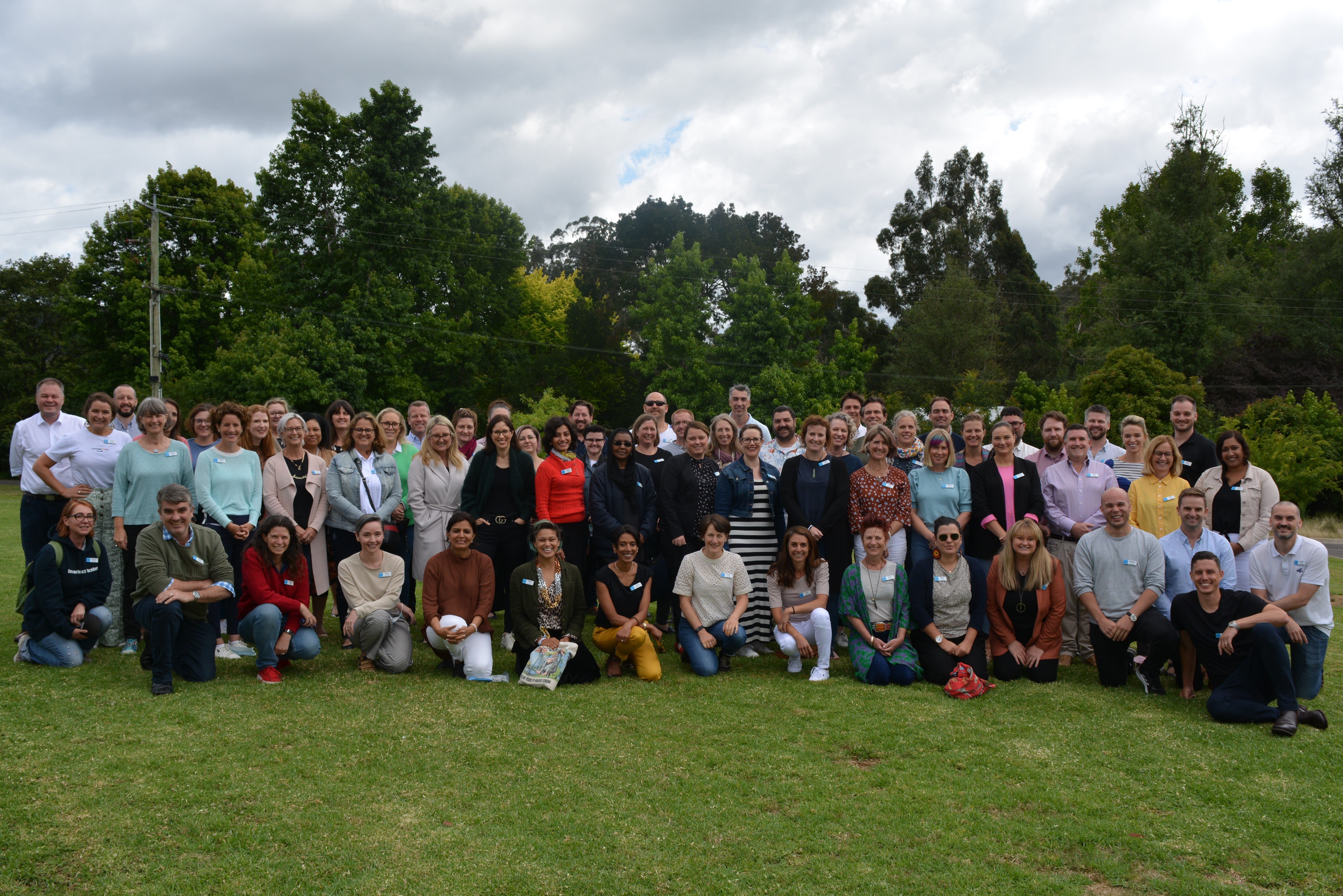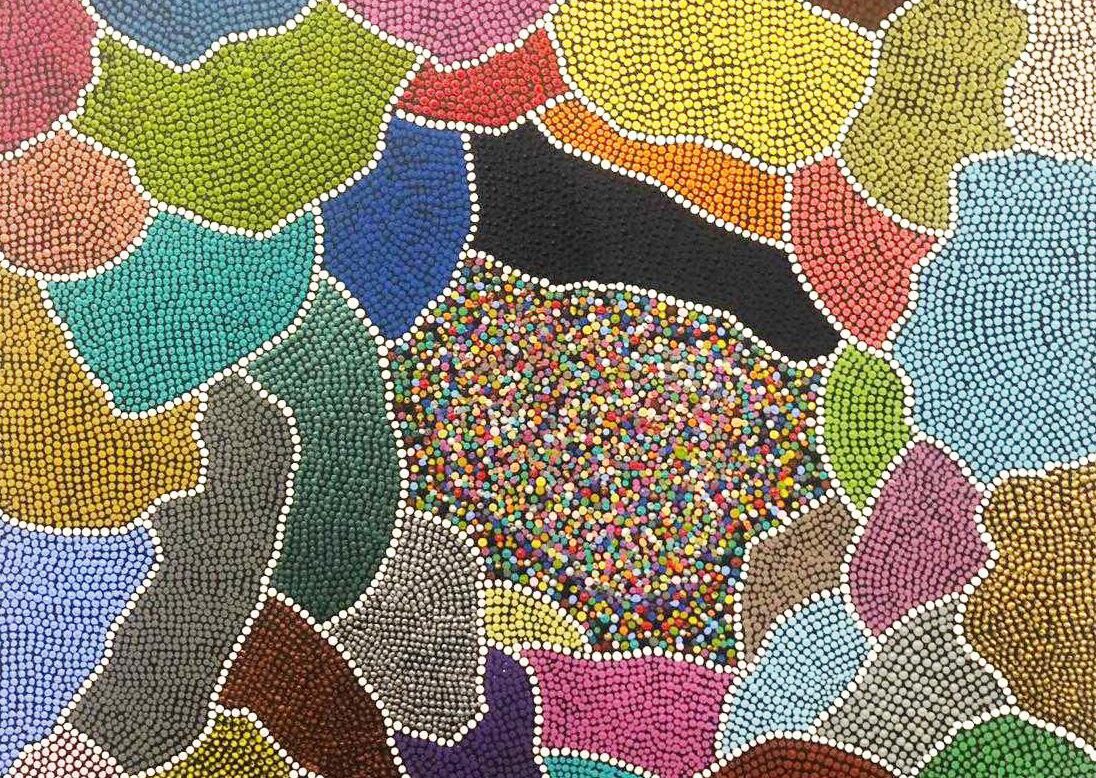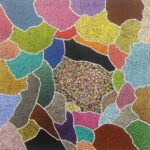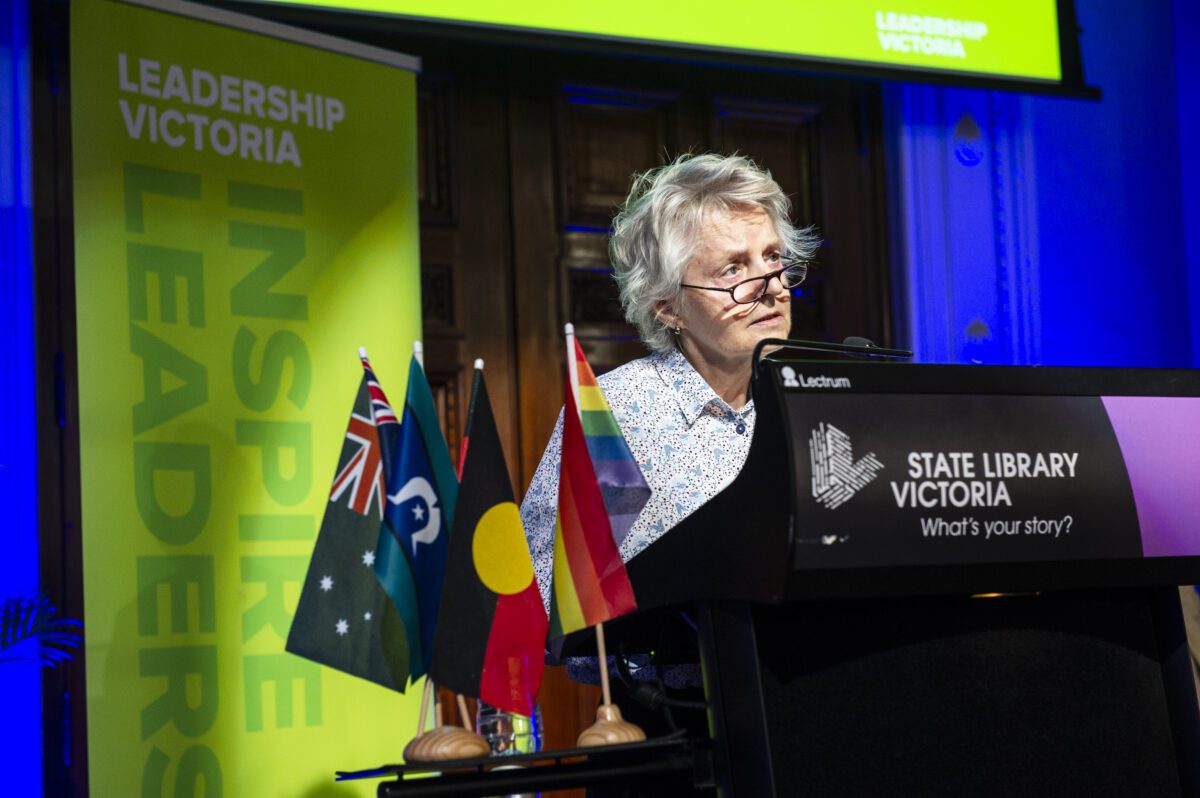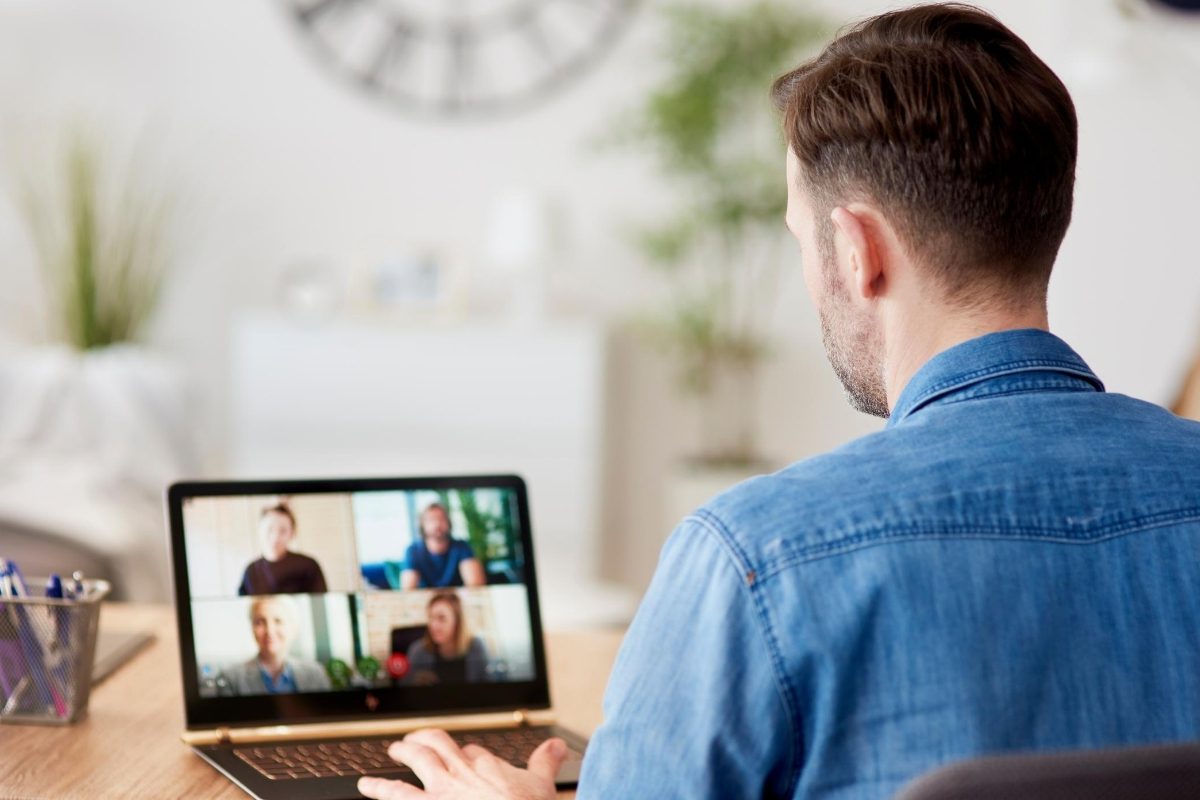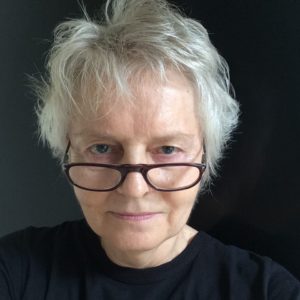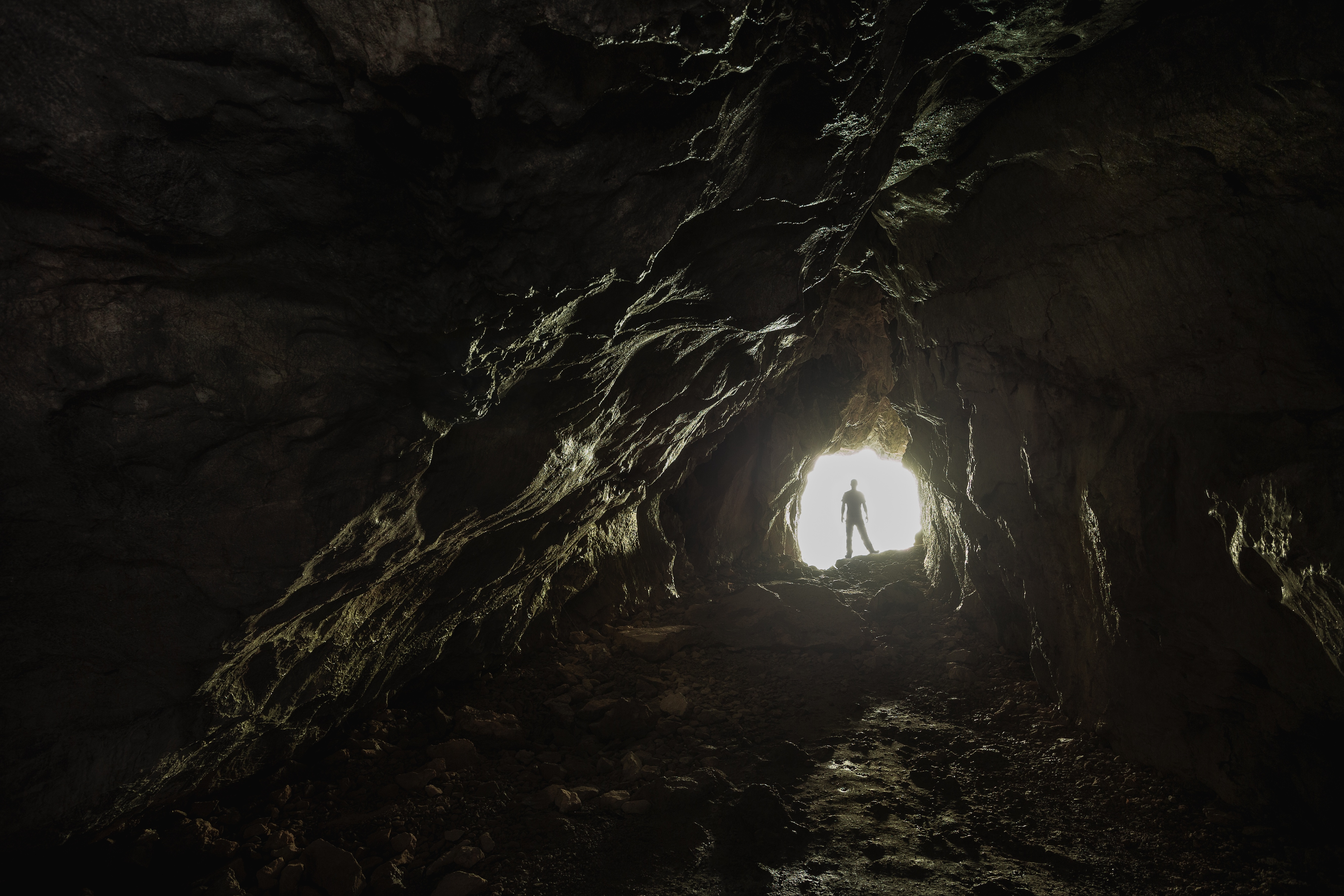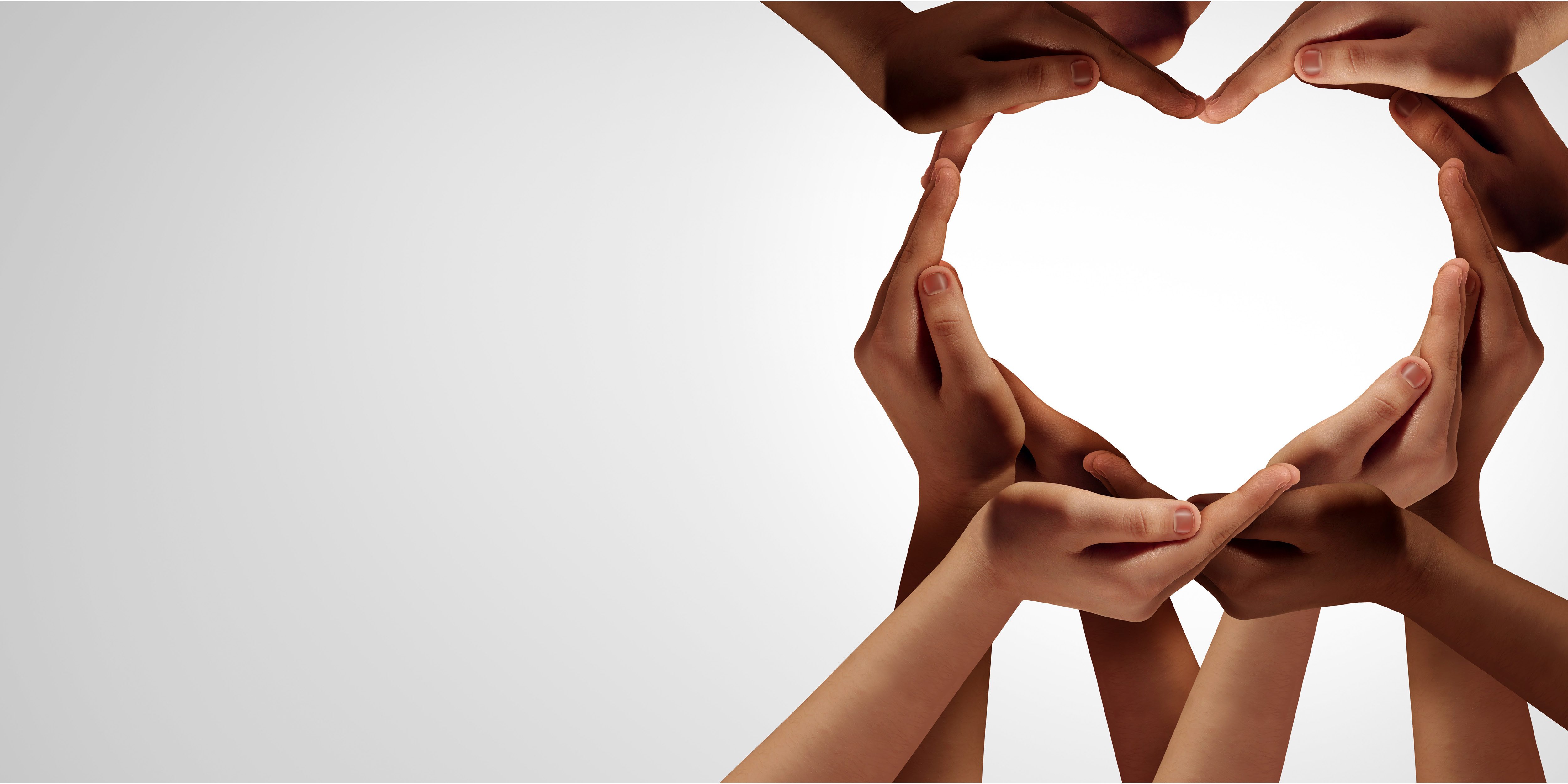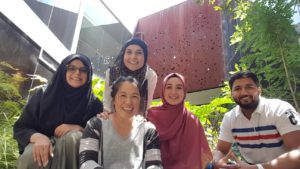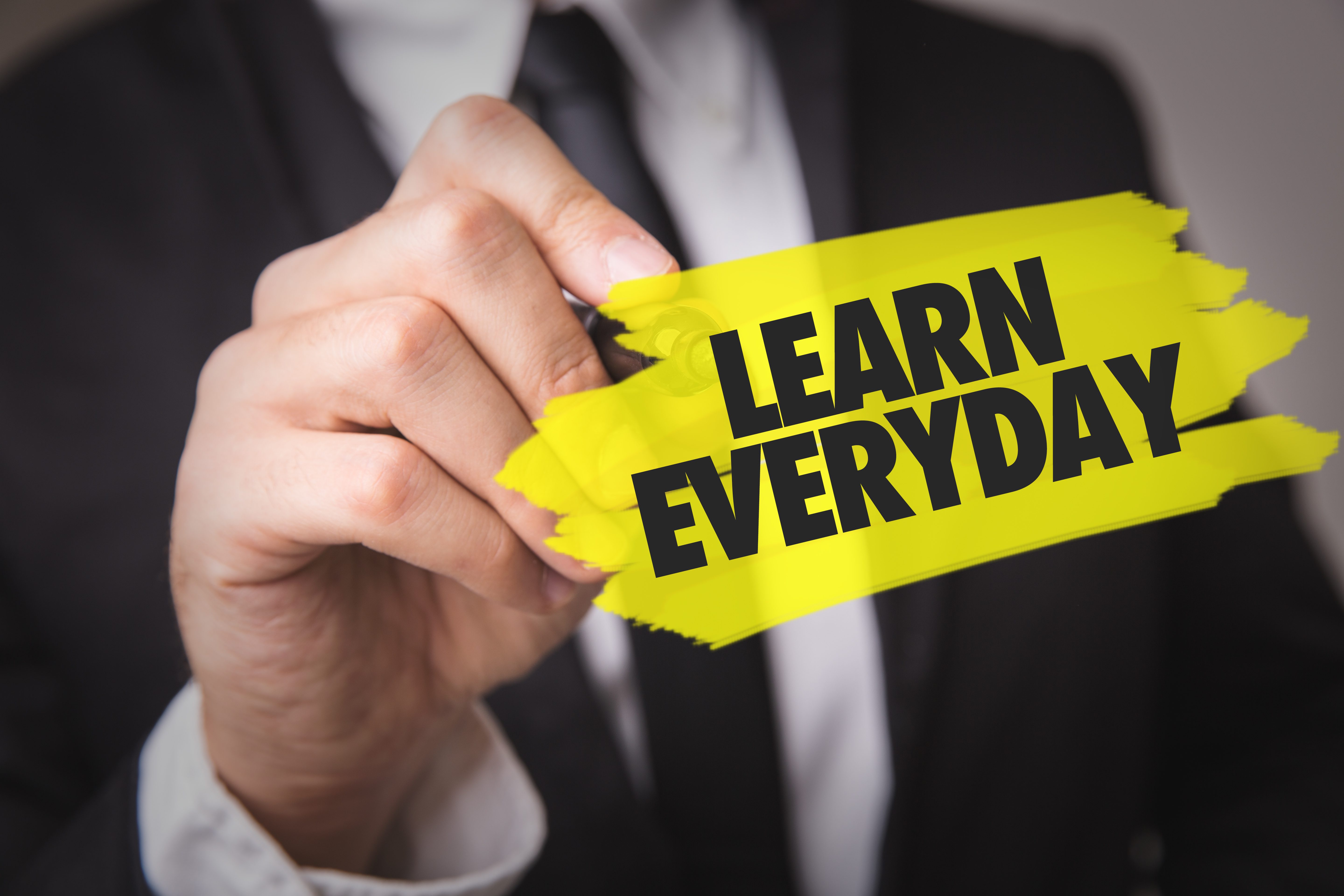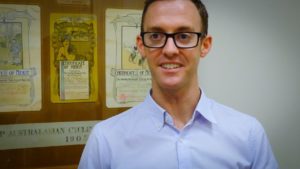On International Women’s Day 2024, Leadership Victoria honours the trailblazers and fearless leaders that have challenged the status quo and paved the way for progress in their organisations, communities and beyond.
Today, we can all draw inspiration from the women who are leading the way and leading by example whilst forging the way forward for others. Let’s celebrate their achievements, impact and contributions towards an equitable, inclusive and sustainable world.
At the same time, we all need to continue to be intentional about addressing systemic inequalities, challenging biases, and forming policies and practices that promote gender parity.
This year’s theme of “Invest in Women, Accelerate Progress” urges us all to invest more in women – time, resources and finances – to drive meaningful change towards gender equity. As we reflect on this work, we can recognise just how much there is to be done and how leadership, now more than ever, is crucial. A key aspect of leadership is energising others, lifting them up, creating pathways for success, and fostering an environment where individuals from all backgrounds feel welcome, respected, and empowered to contribute their unique perspectives.
Addressing and breaking down the barriers for women in leadership and decision-making is fundamental to fostering this environment. According to the Australian Workplace Gender Equality Agency, in 2022 Women in Australian workplaces held 17.6% of chair positions, 31.2% of directorships, represented 19.4% of CEOs and 34.5% of key management positions despite making up 47.9% of all employed people in Australia.
It is everyone’s responsibility to invest our time, resources and finances into changing this, working towards a fairer structure. On this International Women’s Day, we urge you, the LV Community, to consider how investing in the following in your own organisations and communities can accelerate progress through:
- Opening Space: Intentionally considering female representation in key roles and projects, and opening spaces for women to lead.
- Sponsorship, Mentorship and Coaching: pairing talented women with experienced leaders who can provide support, guidance and insights. Sponsorship and mentorship are crucial in helping navigate difficult and complex challenges as well as be identified for opportunities, build confidence and access professional networks.
- Networking Opportunities: Events, workshops and conferences offer opportunities to connect, share experiences and gain knowledge from each other. Networking also allows for women to access new opportunities and advance their career prospects.
- Diverse Representation: Ensuring that women from diverse backgrounds including those from CALD backgrounds, the LGBTQ+ community and those living with disabilities are represented and supported in leadership initiatives. Embracing intersectionality and recognizing the challenges faced by those with intersecting identities is vital.
- Visibility and Recognition: Highlighting the achievements and contributions of women leaders through awards, speaking opportunities and leadership roles in high-profile projects boosts confidence and inspires other women to pursue leadership opportunities.
- Policies and Practices: By accommodating the diverse needs of women through policies such as parental leave and work from home policies promotes a better balance of professional and personal responsibilities, allowing them to thrive in leadership positions.
- Advocacy and Empowerment: Driving and supporting initiatives that promote gender equality, diversity and inclusion empower women to take on leadership roles in traditionally male-dominated industries.
- Ongoing Learning and Professional Development: Access to training programs, workshops and resources that enable women continuously work and enhance their skills, adapt to industry changes and developments boosts confidence in their ability to lead in their organisations.
Through investing in these aspects, we can create pathways for women to excel and organisations and communities can better utilise diverse thought, perspectives and outlooks, in order to influence change.
If you are looking to gain a deeper understanding and to enhance your own leadership skills or for a woman leader in your organisation, please have a look into our Women’s Leadership Program.
Our upcoming three-day Women’s Leadership Program (in May) is for mid-to-senior leaders looking to enhance their skills, confidence and build on their network to be a change-maker in their organisation or community.

